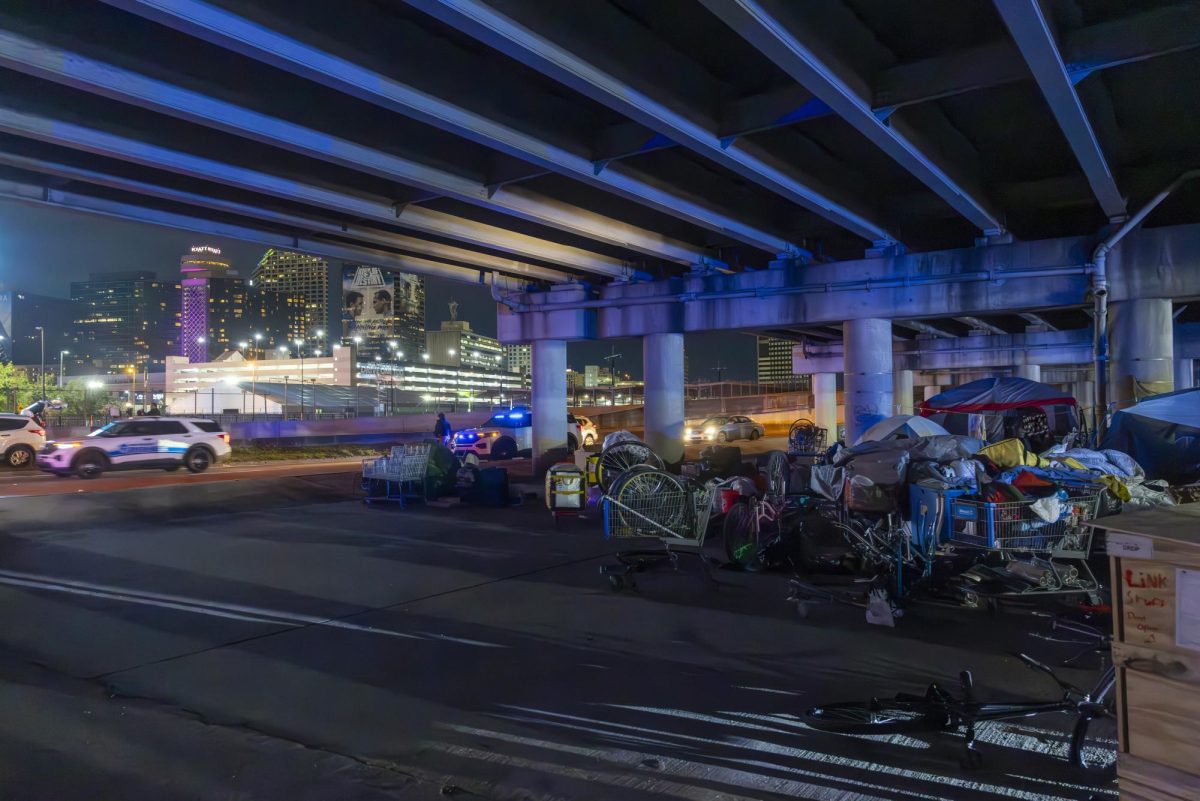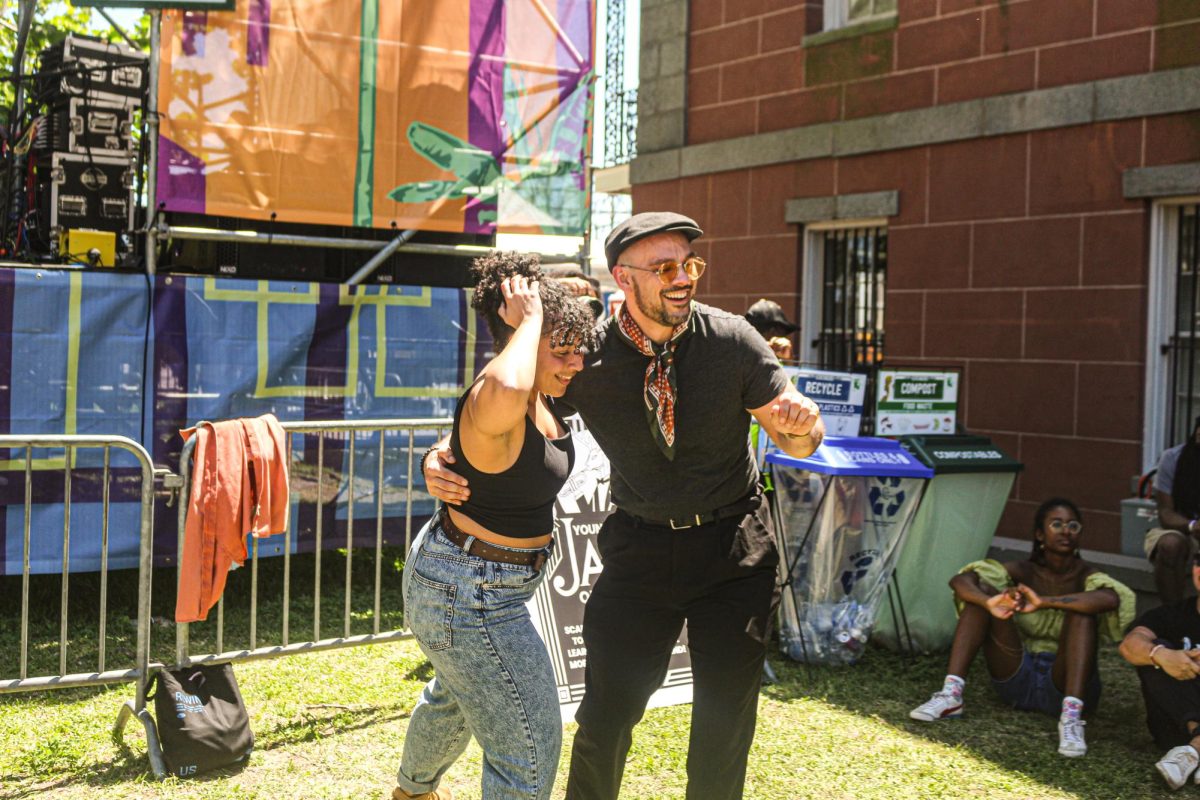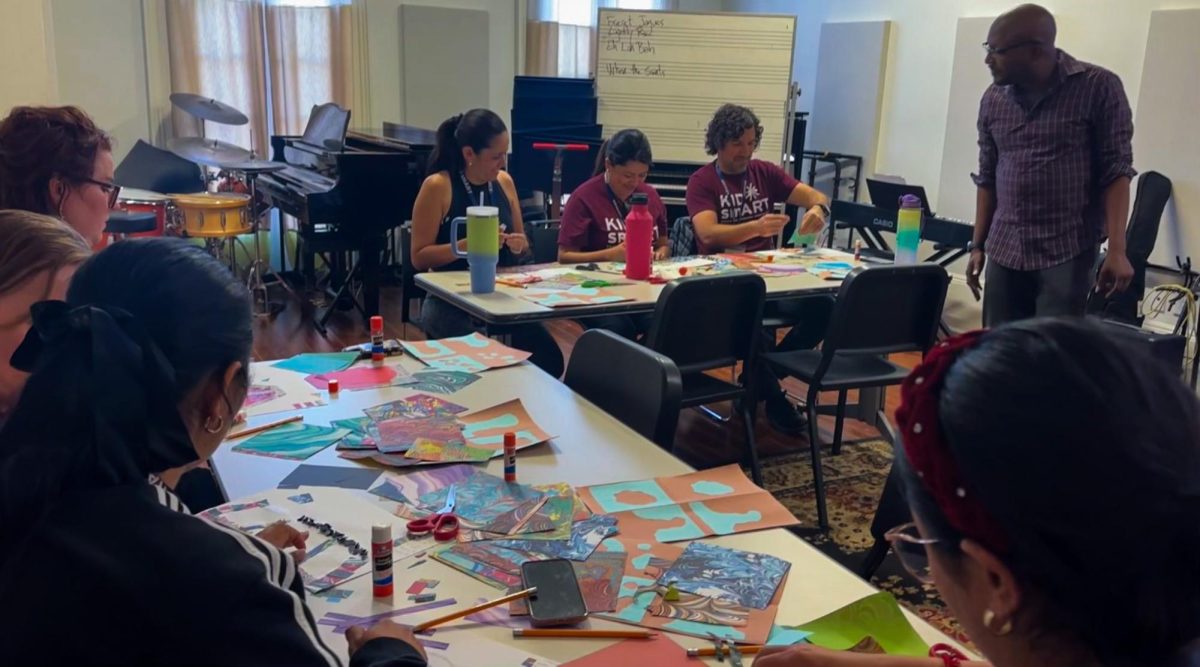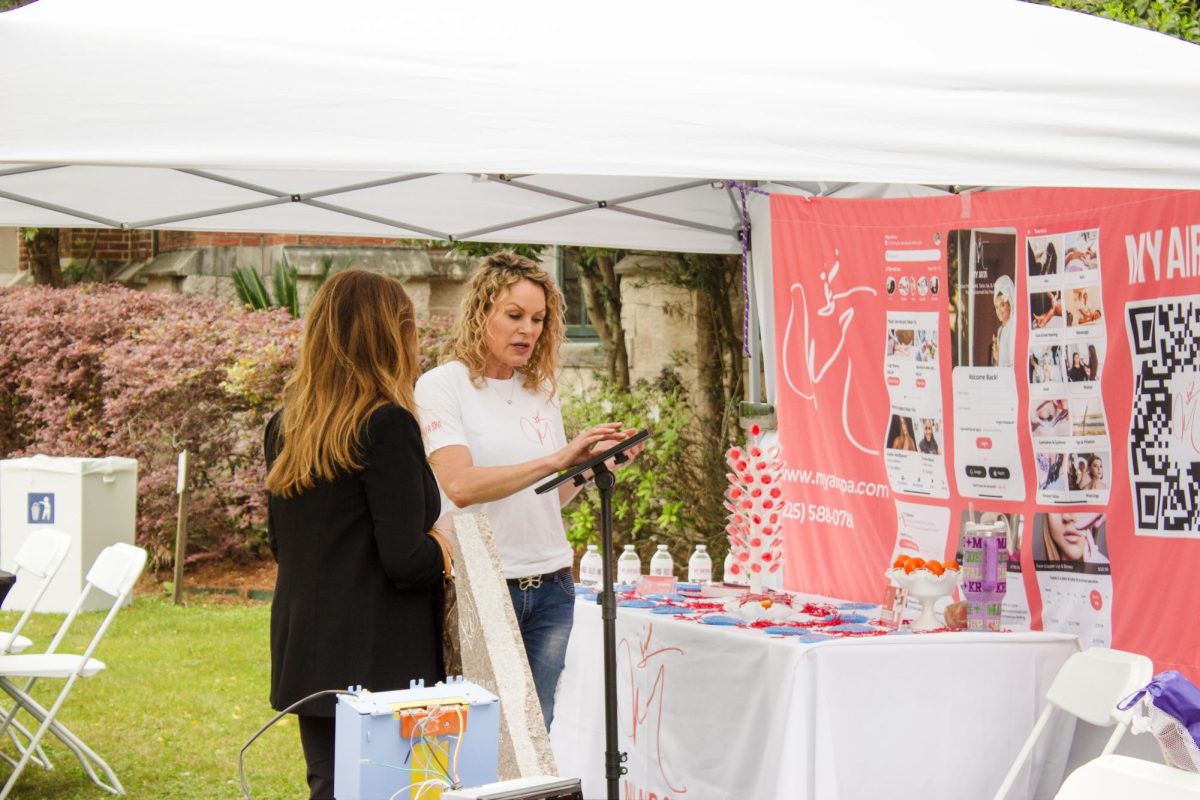According to a January survey by the Unity of Greater New Orleans, about 1,450 homeless people currently reside on the streets of New Orleans and Jefferson Parish. Ahead of the three night Taylor Swift concerts in October, about 75 of these homeless people were relocated to a new location in the French Quarter.
These relocations continue in January, with the Super Bowl and Mardi Gras season fast approaching and tourists pouring in. Many of these civilians were placed in a temporary warehouse facility that costs millions. The city of New Orleans has requested $6 million from the state to assist in these efforts.
Judge Lori Jupiter, who has served New Orleans for four years believes this is an attempt to ‘clean up’ the city in light of big events.
“However, my perspective is that this is a temporary fix in order for the city to ‘look good,’” Jupiter said. “It is ultimately to hide the forgotten, our most vulnerable.”
A spokesperson for Gov. Jeff Landry said the effort was meant to address homelessness and safety issues, specifically linking the push to the series of concerts and February’s Super Bowl, which will take place in the city. Landry warned in November that if the city did not comply, he would intervene.
In November, Orleans Parish Civil District Court Judge Ethel Julien issued a temporary restraining order blocking state police from evicting homeless people from their encampments. Although, at the beginning of January, the Louisiana Supreme Court overturned it.
“I think this is horribly detrimental to all of us with human rights. This is a temporary fix to put ‘lipstick on a pig’, so to speak,” Jupiter said. ”While we host events such as the Super Bowl and Mardi Gras and knowing that the unhoused will be returned to their prior living conditions without much advancement to make a permanent change.”
On Jan. 15, state police arrived at encampments and told the residents to pack up their possessions as they were being moved to a “transitional center” at a fenced-in warehouse owned by the Port of New Orleans. According to the president of Workforce Group, the center can house up to 200 people and is currently housing 113.
“This is the unfortunate reality. This is not a singular case. These are lives, as we’ve known them, for years,” Jupiter said. “Unless we continue to advocate for the unhoused, not just when important events are hosted in our city, there will never be true change. The city cannot become better if we do not do our best to better every one of our people.”


















